Home>Ideas and Tips>Simple Tips For Reducing Household Waste
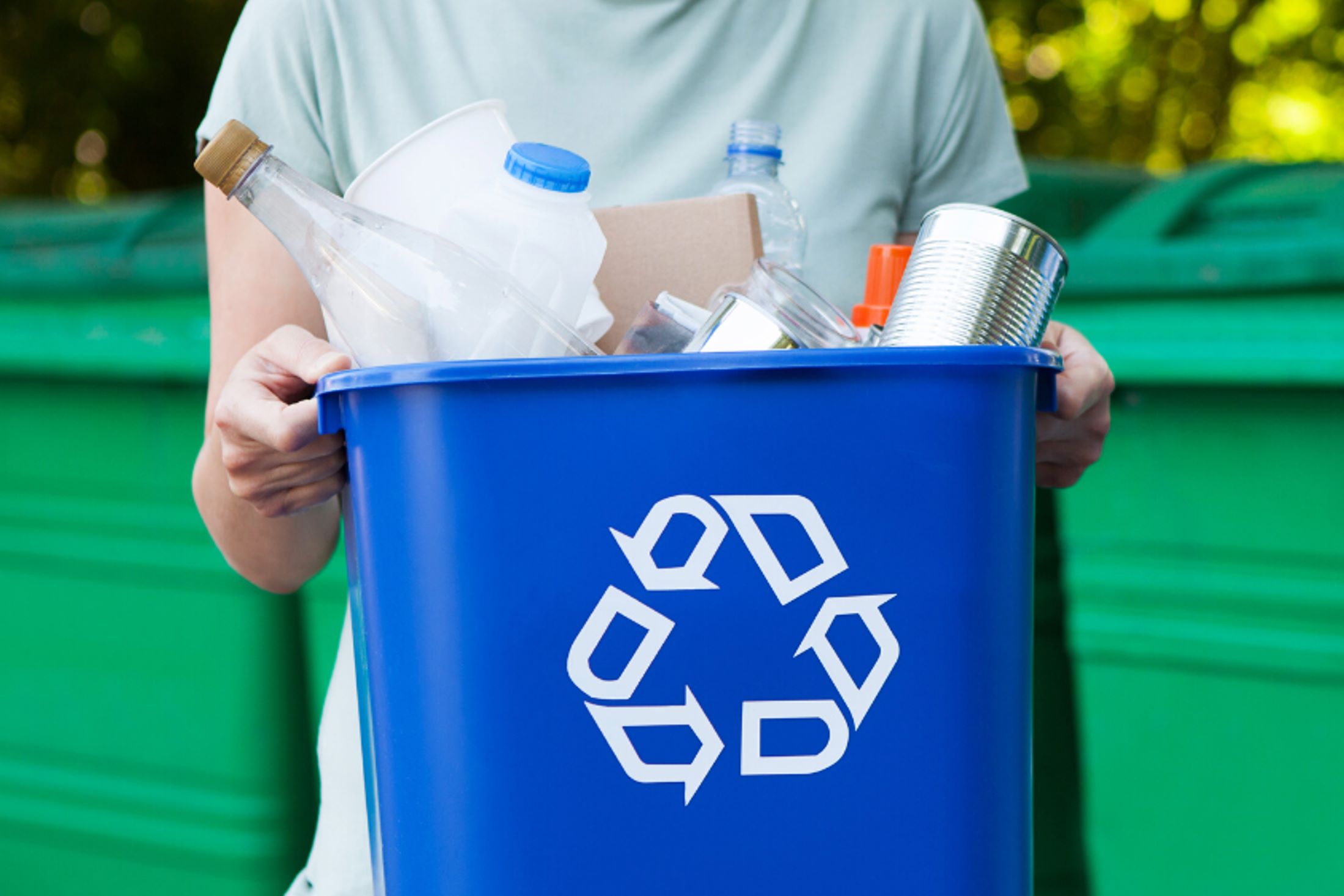

Ideas and Tips
Simple Tips For Reducing Household Waste
Published: November 1, 2024
Discover easy and effective tips to reduce household waste, conserve resources, and live sustainably. Start your zero-waste journey today!
(Many of the links in this article redirect to a specific reviewed product. Your purchase of these products through affiliate links helps to generate commission for Storables.com, at no extra cost. Learn more)
In today's world, the importance of reducing household waste cannot be overstated. Not only does it contribute to a cleaner environment, but it also helps in conserving natural resources and mitigating the impact of climate change. Reducing waste is a collective effort that requires individual actions, and it starts with making small changes in our daily lives. In this article, we will explore eleven simple tips for reducing household waste, along with additional strategies and insights to help you on your journey to a more sustainable lifestyle.
Implement a Zero-Waste Policy
The concept of zero waste is not just about reducing waste; it's about eliminating waste altogether. This means adopting a mindset where every item you use has a purpose and is either reused, recycled, or composted. Start by setting clear goals for yourself and your household. For example, aim to reduce your daily trash output by half within a month and then continue to strive for zero waste.
Reduce Single-Use Plastics
Single-use plastics are one of the most significant contributors to household waste. From plastic bags and straws to water bottles and coffee cups, these items are used once and then discarded. Here are some alternatives:
- Reusable Bags: Switch from plastic bags to reusable cloth bags for grocery shopping.
- Stainless Steel or Glass Containers: Use stainless steel or glass containers for storing food instead of plastic wrap or ziplock bags.
- Metal Straws: Opt for metal straws instead of plastic straws.
- Refillable Water Bottles: Use refillable water bottles instead of buying bottled water.
Compost
Composting is an excellent way to reduce organic waste from your household. It involves breaking down food scraps and yard waste into a nutrient-rich soil amendment that can be used in gardening. Here’s how you can start composting:
- Create a Compost Bin: You can either purchase a compost bin or make one using a wooden pallet.
- Add Organic Materials: Include food scraps like fruit peels, vegetable scraps, and coffee grounds. Also, add yard waste like leaves and grass clippings.
- Maintain the Bin: Ensure the bin is well-ventilated and moist but not soggy. Turn the compost regularly to speed up the process.
Buy in Bulk
Buying items in bulk reduces packaging waste significantly. For example:
- Grains and Nuts: Purchase grains like rice or oats in bulk instead of smaller packets.
- Cleaning Supplies: Buy cleaning supplies like detergents or soaps in larger quantities.
- Food Items: Buy snacks like nuts or dried fruits in bulk.
Choose Products with Minimal Packaging
When shopping for products, choose those with minimal packaging:
- Eco-Friendly Brands: Opt for brands that use biodegradable or recyclable packaging materials.
- Local Products: Support local businesses that often use less packaging due to shorter supply chains.
Read more: 10 Simple Ways To Reduce Stress At Home
Repair Instead of Replace
Repairing items instead of replacing them is another effective way to reduce waste:
- Clothing Repair: Learn basic sewing skills to repair torn clothes instead of throwing them away.
- Appliances Repair: Fix broken appliances rather than discarding them.
- Furniture Repair: Upcycle old furniture instead of buying new pieces.
Buy Second-Hand
Buying second-hand items reduces the demand for new products and thus reduces waste:
- Thrift Stores: Visit thrift stores for clothing, furniture, and household items.
- Online Marketplaces: Use online marketplaces like eBay or Craigslist for second-hand goods.
- Garage Sales: Attend garage sales or yard sales in your neighborhood.
Avoid Paper Waste
Paper waste contributes significantly to household waste:
- Digital Bills: Switch to digital bills and statements instead of receiving paper copies.
- Reusable Notes: Use reusable notes or whiteboards instead of sticky notes.
- E-Books: Read e-books instead of physical books.
Recycle Properly
Recycling is crucial but often misunderstood:
- Know What Can Be Recycled: Check what materials can be recycled in your area (e.g., plastic bottles, aluminum cans).
- Sort Properly: Ensure you sort recyclables correctly (e.g., paper goes in one bin, glass in another).
- Participate in Recycling Programs: Participate in community recycling programs like curbside pickup or drop-off centers.
Avoid Microbeads
Microbeads are tiny plastic particles found in personal care products like face washes and toothpastes:
- Choose Microbead-Free Products: Opt for personal care products that use natural exfoliants instead of microbeads.
Educate Yourself and Others
Knowledge is power when it comes to reducing household waste:
- Learn About Sustainable Practices: Continuously educate yourself on sustainable practices through books, articles, and workshops.
- Share Knowledge: Share what you've learned with family members and friends to encourage them to adopt sustainable habits as well.
Additional Strategies
Use Up Leftovers
One of the simplest ways to reduce food waste is by using up leftovers creatively:
- Meal Planning: Plan meals in advance so you can use up leftover ingredients.
- Freeze Food: Freeze leftovers for future meals instead of throwing them away.
Avoid Overbuying
Avoid buying more than you need:
- Make a Shopping List: Before going shopping, make a list of what you need to avoid impulse buys.
- Shop from Local Farmers: Buy produce directly from local farmers who often have smaller quantities available.
Use Reusable Bags for Pet Waste
If you have pets, use reusable bags for collecting their waste:
- Biodegradable Bags: Use biodegradable bags if reusable bags are not feasible.
Repurpose Old Items
Find creative ways to repurpose old items instead of throwing them away:
- Old T-Shirts: Turn old t-shirts into reusable bags or cleaning rags.
- Old Jars: Use old jars as planters or storage containers.
Reducing household waste requires a combination of knowledge, commitment, and creativity. By implementing these simple tips and additional strategies outlined above, you can significantly reduce your household's environmental footprint. Remember that every small change counts, and collectively we can make a significant impact on our planet's sustainability. Start today by making one change at a time until you achieve your goal of zero waste living.
References:
- Janelle Bilek’s LinkedIn Post – Eleven Simple Tips for Reducing Household Activity
- TulsaKids – Three Simple Ways We Reduce Household Waste
- Gary Scalzo’s LinkedIn Post – Eleven Simple Tips for Reducing Household Activity
By following these steps and staying committed to reducing waste, you'll not only contribute to a cleaner environment but also set an example for others to follow in your footsteps towards sustainability.
Was this page helpful?
At Storables.com, we guarantee accurate and reliable information. Our content, validated by Expert Board Contributors, is crafted following stringent Editorial Policies. We're committed to providing you with well-researched, expert-backed insights for all your informational needs.
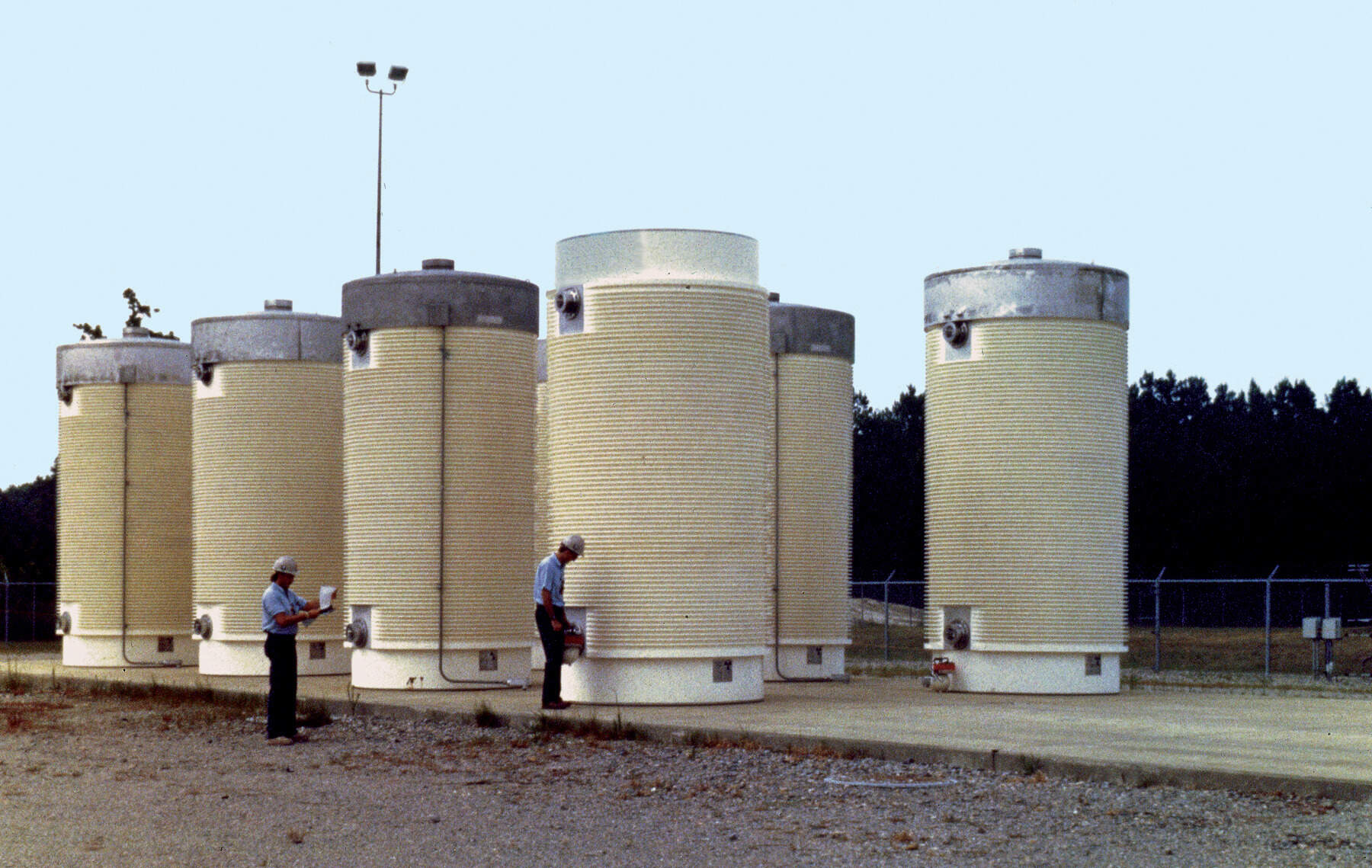
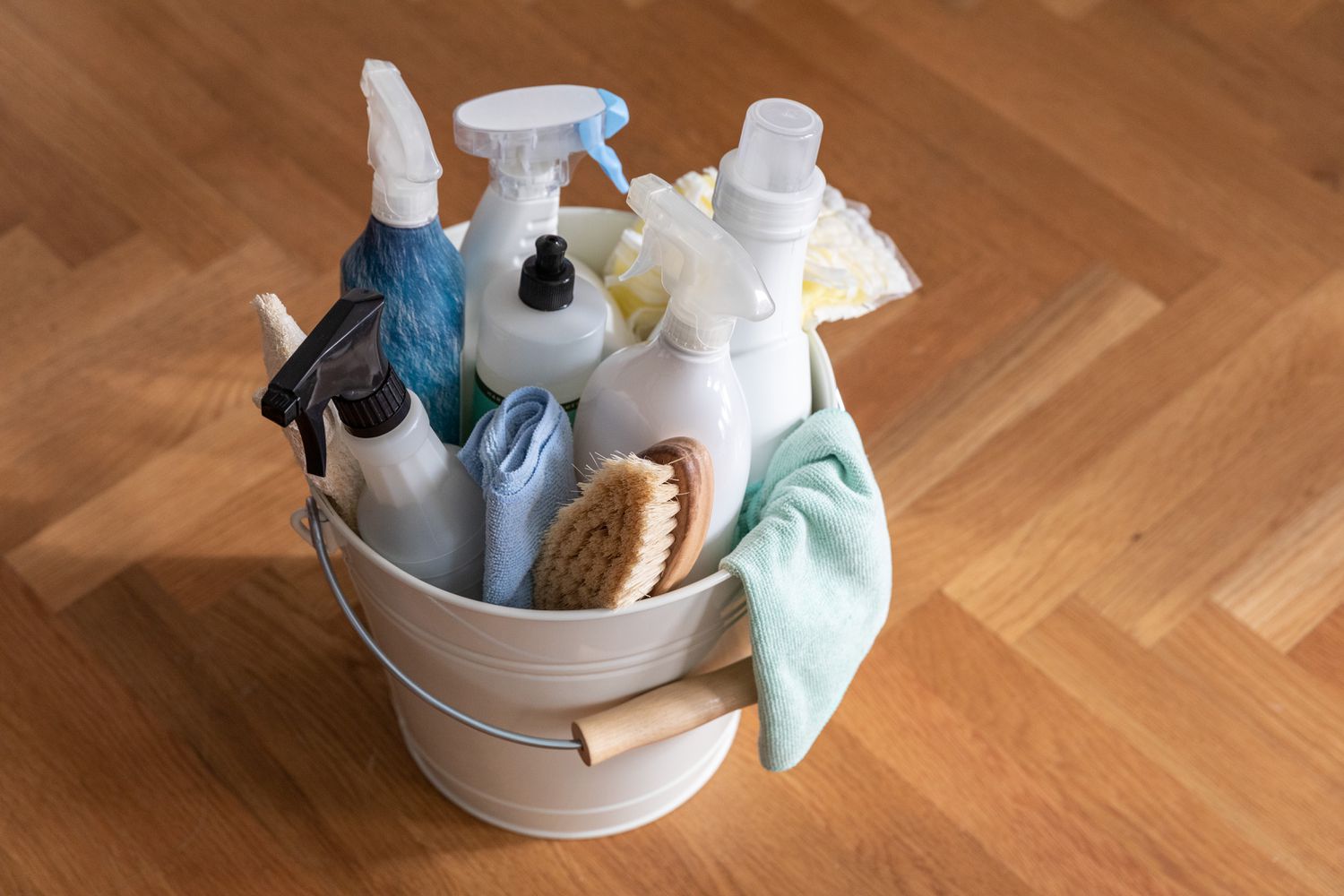
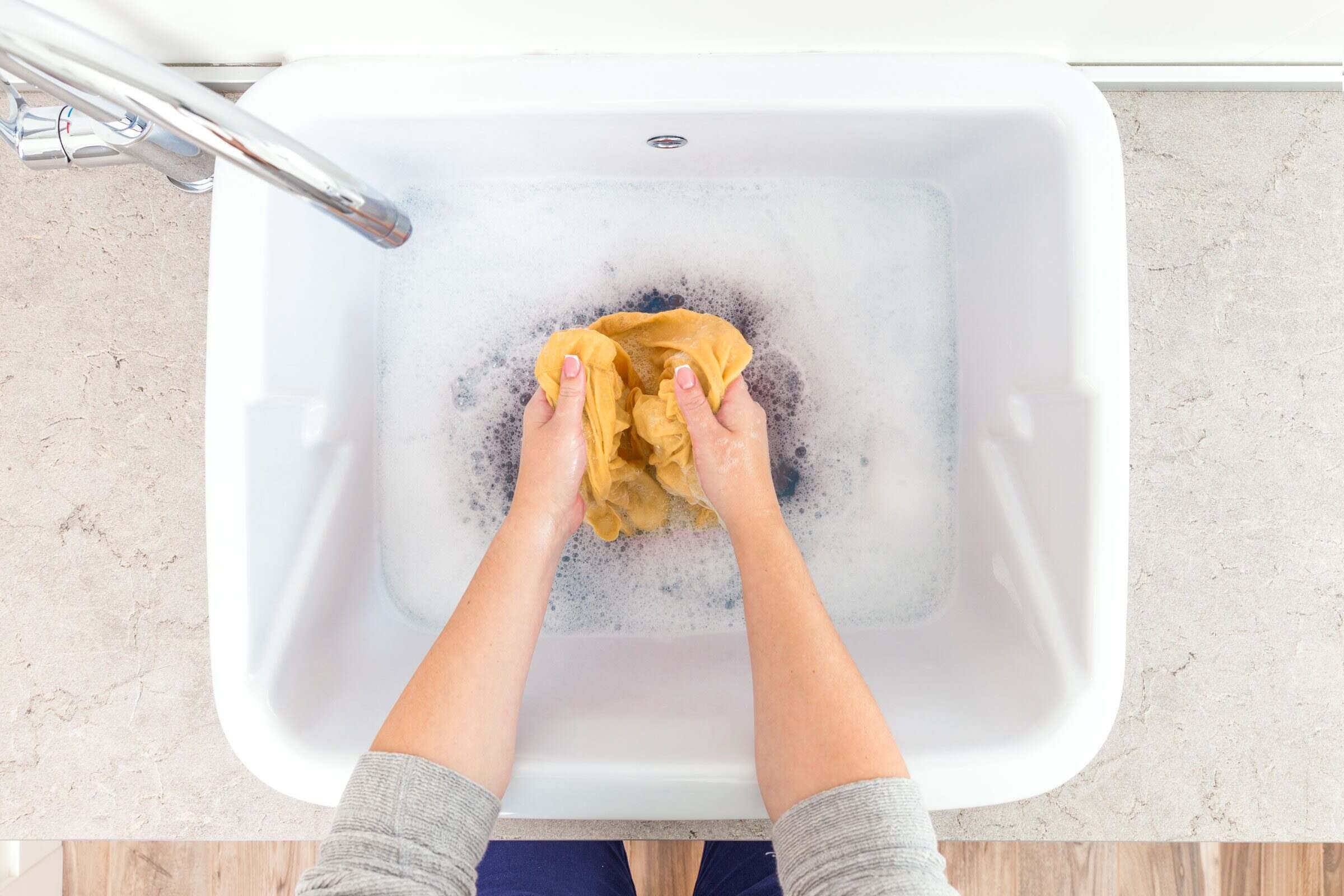
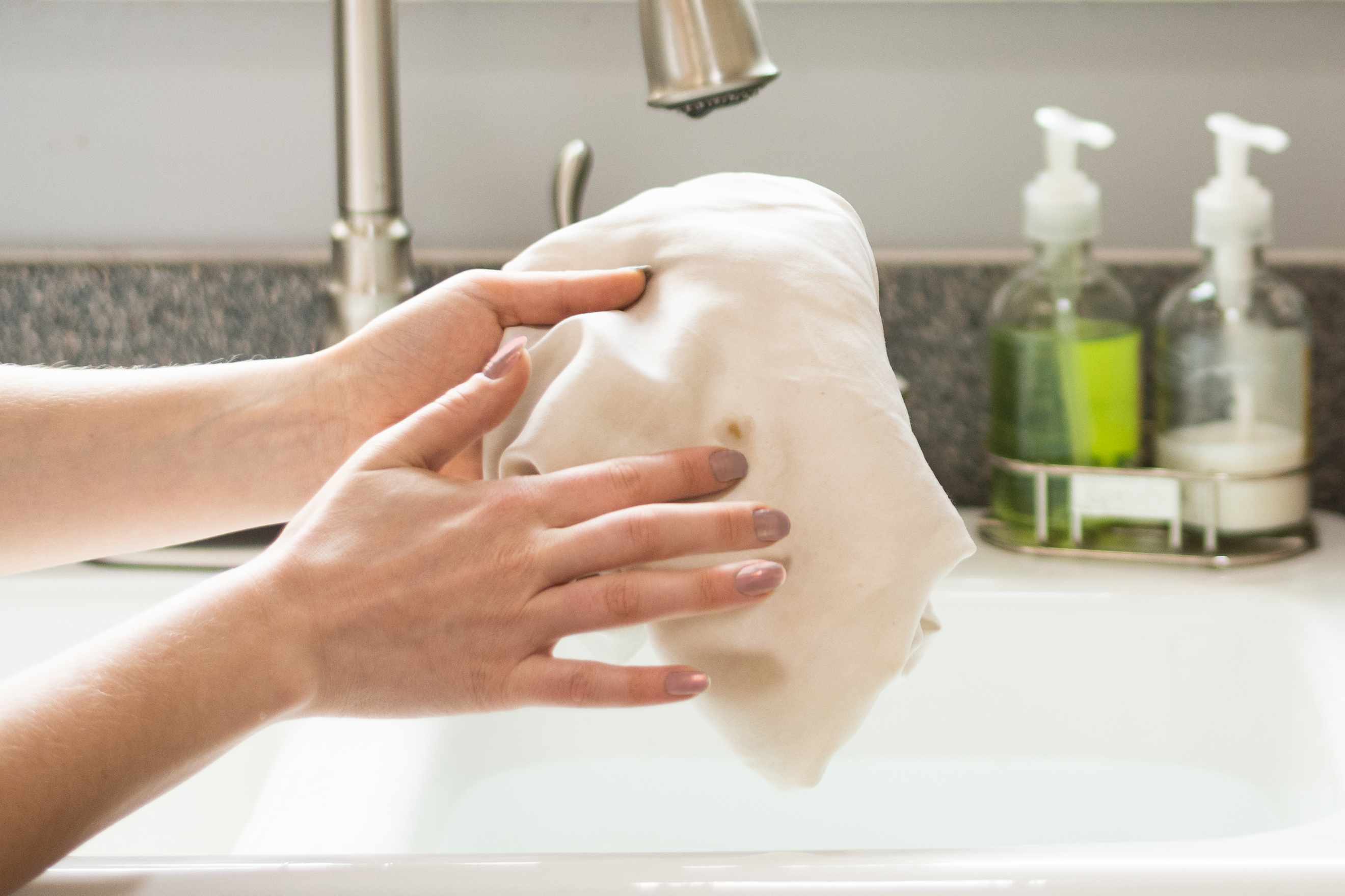
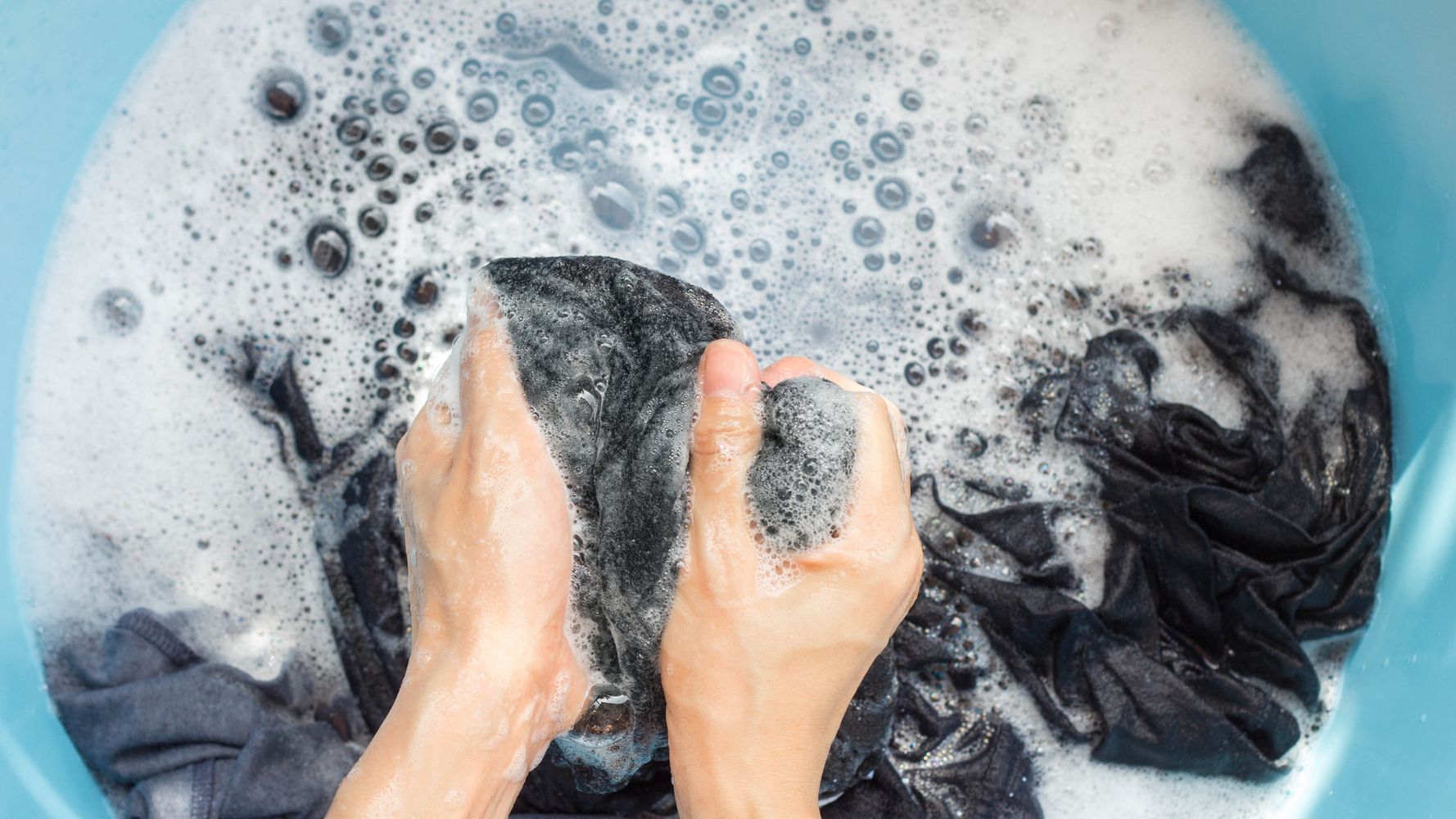

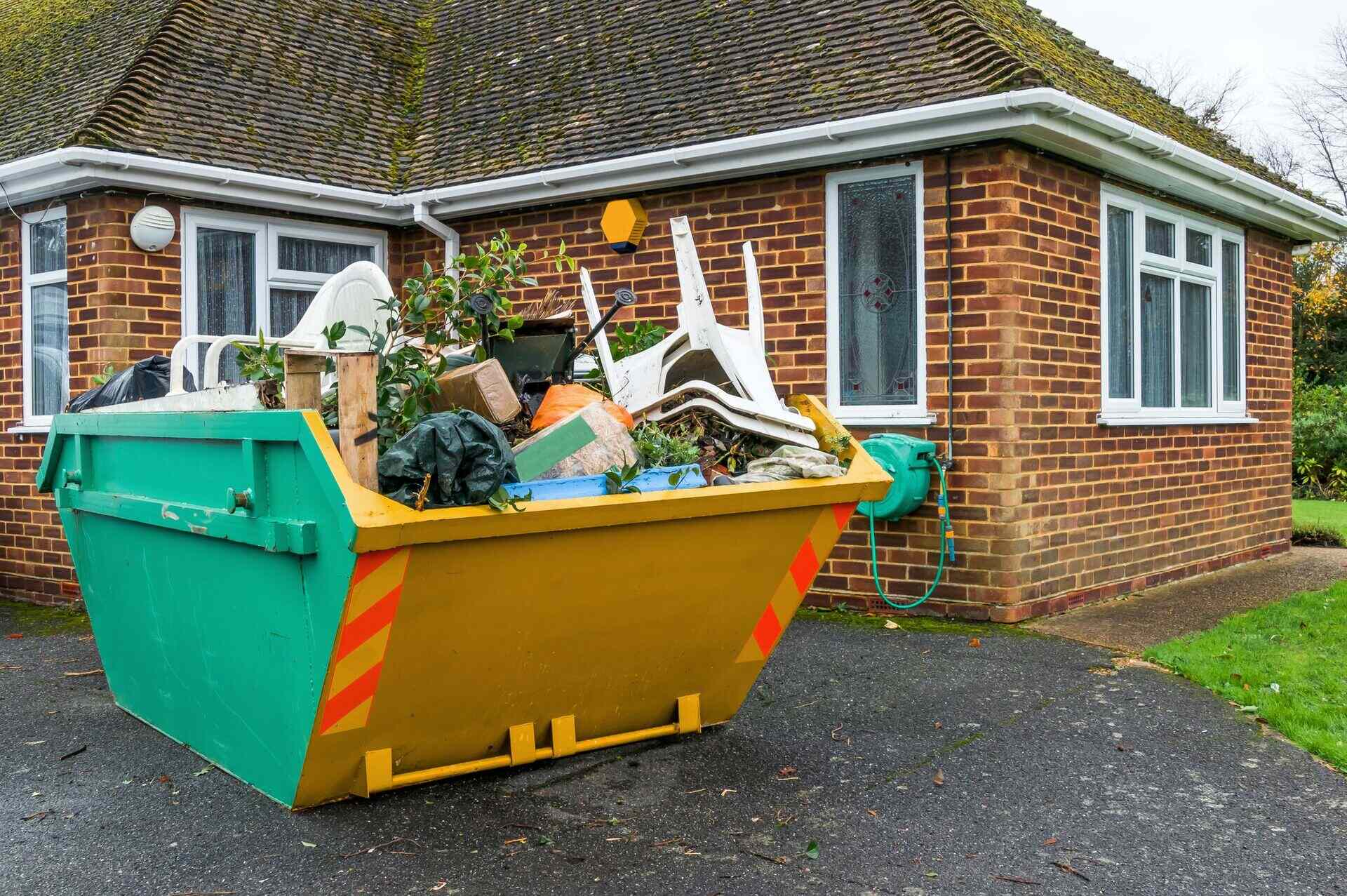
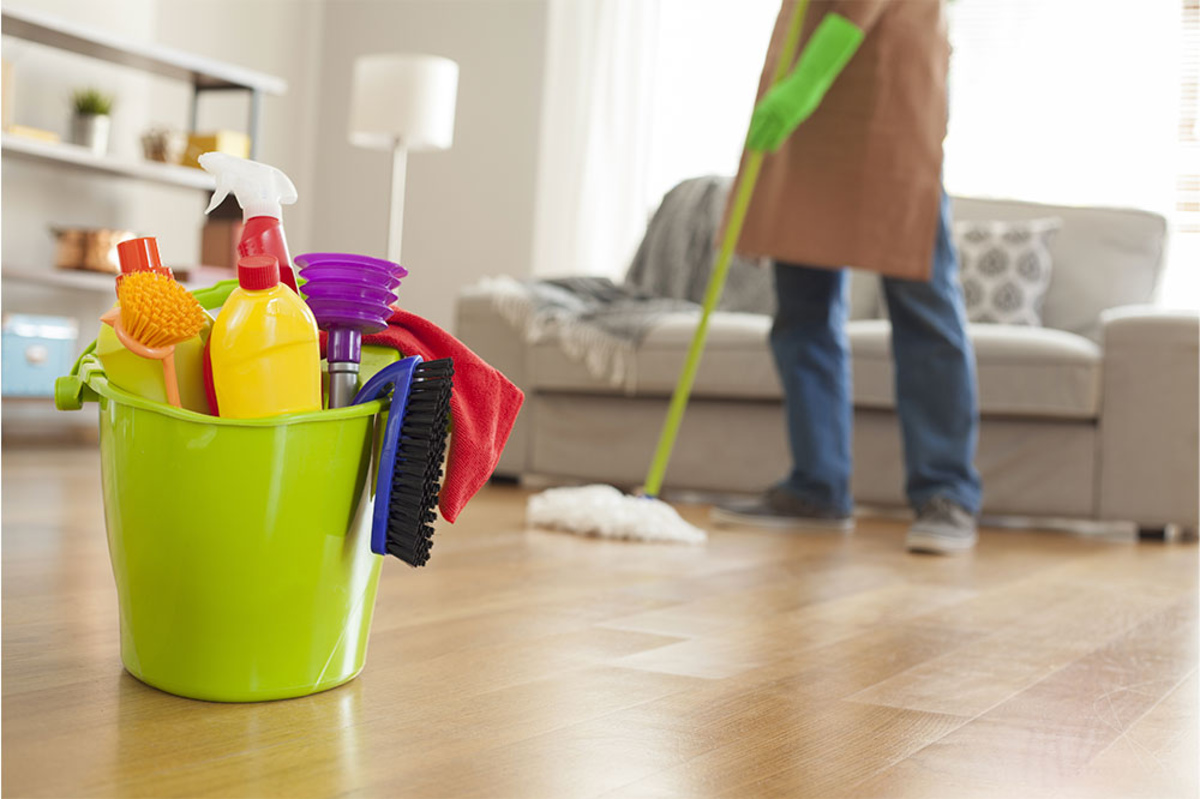
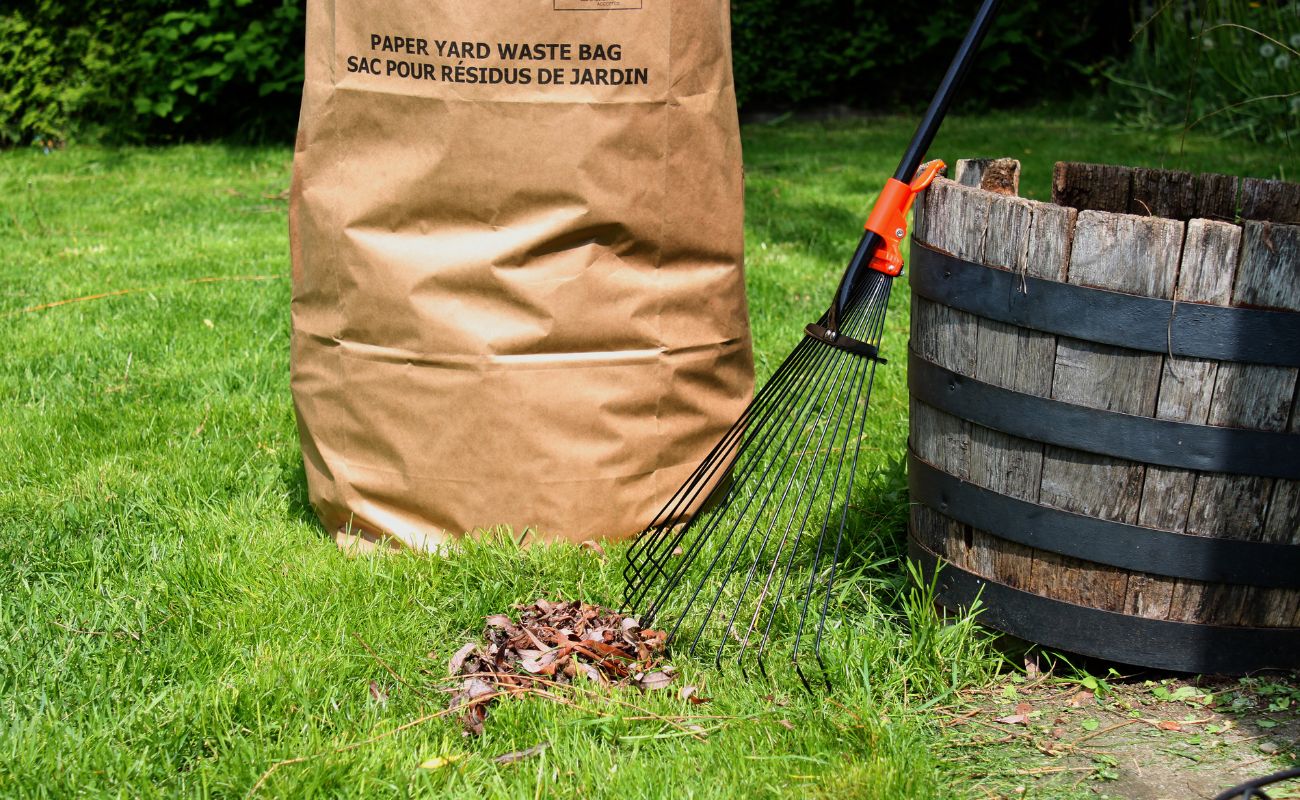





0 thoughts on “Simple Tips For Reducing Household Waste”